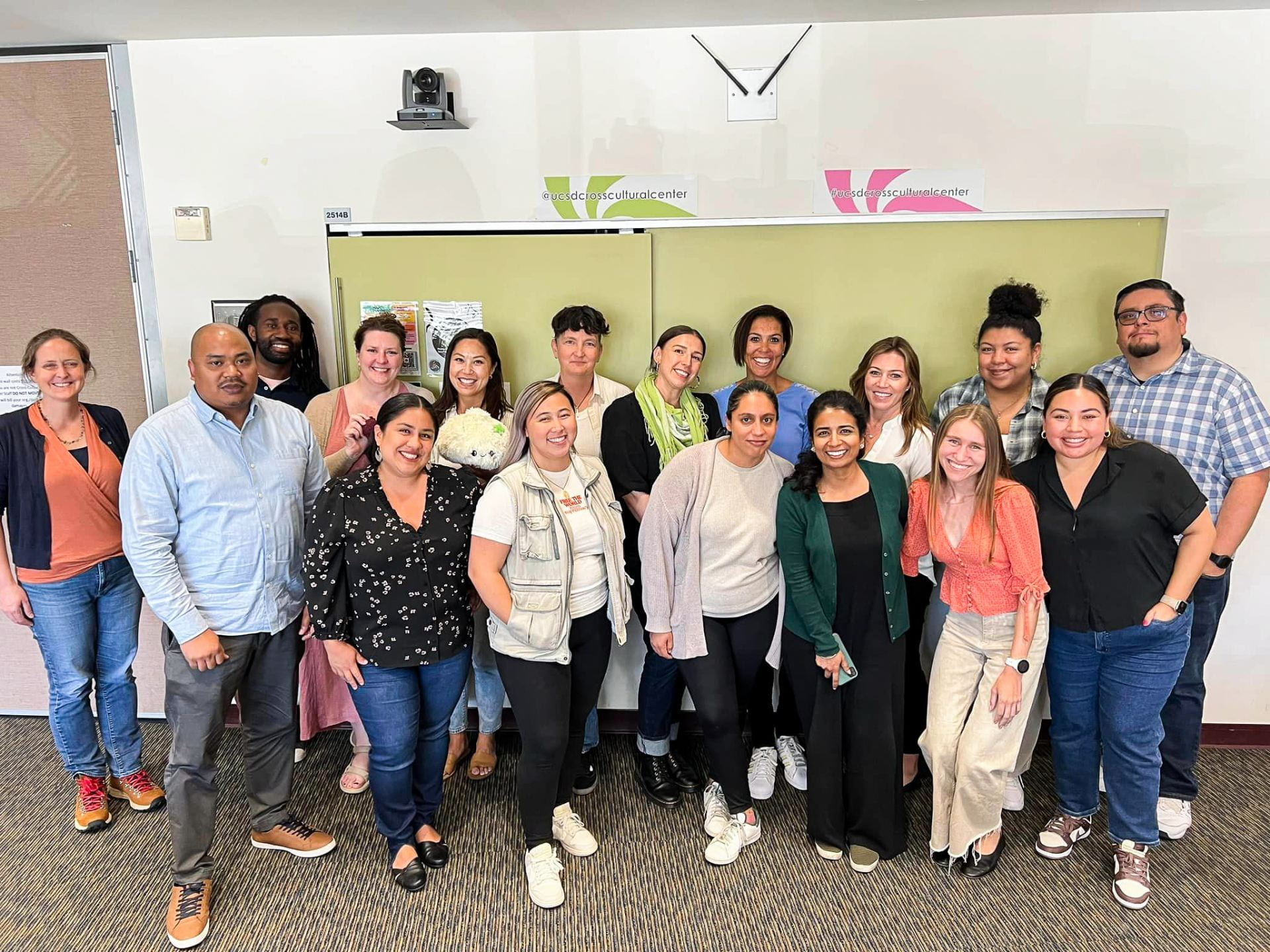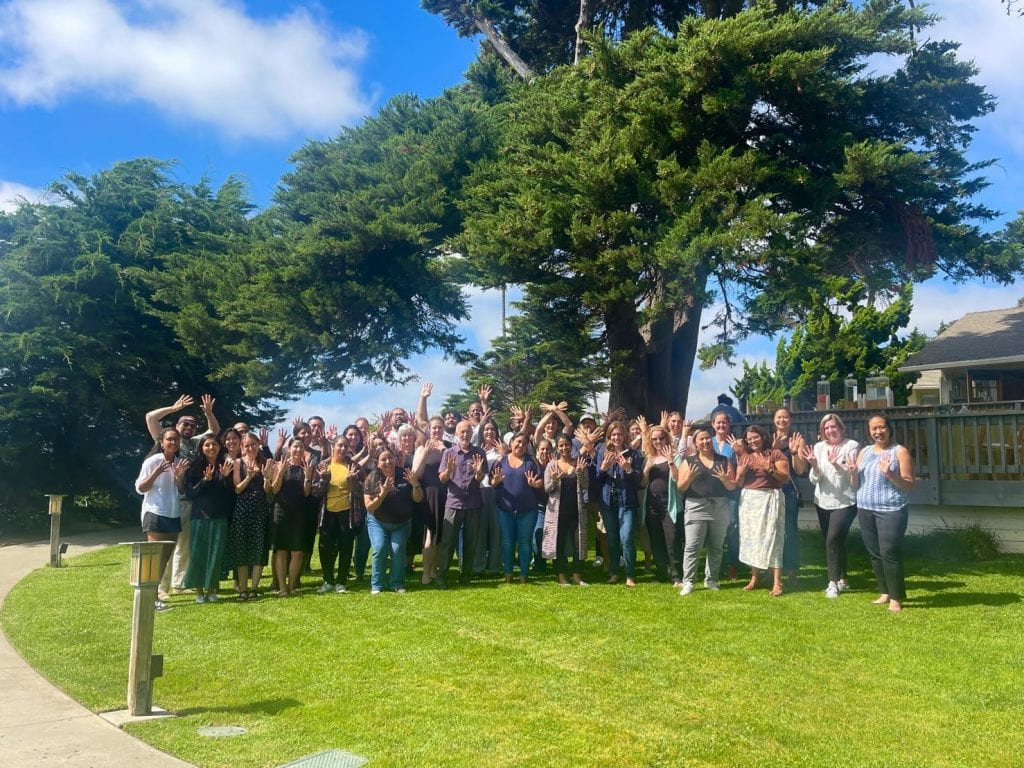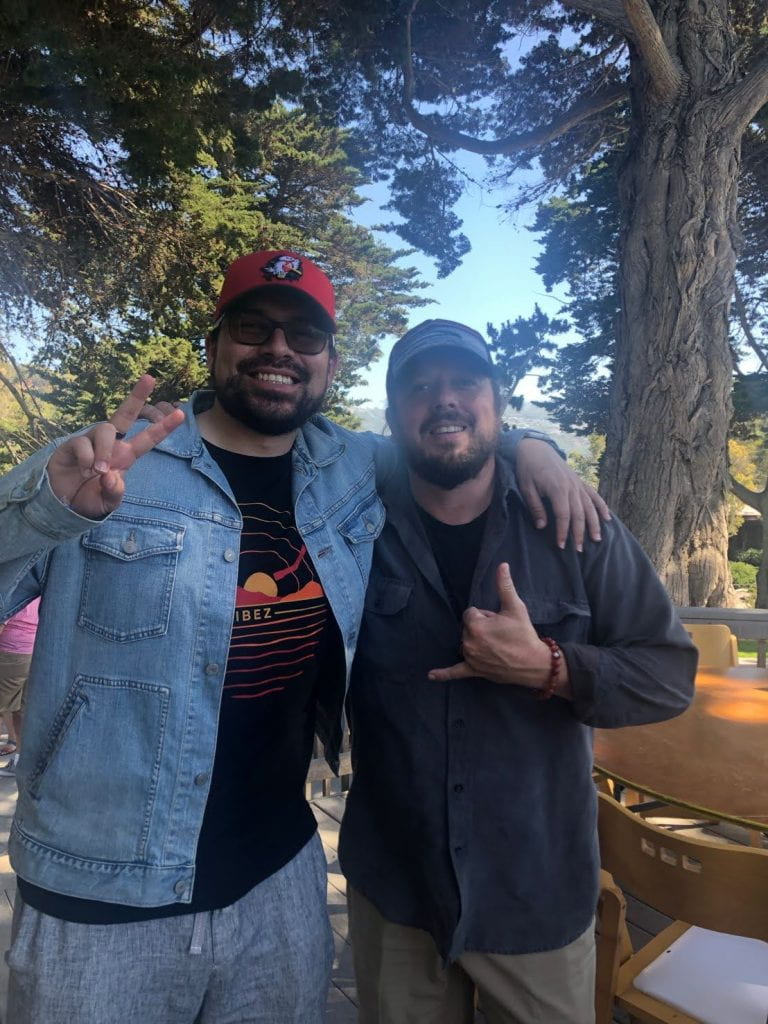
UC Essential Needs Training and Education
At the Center for Economic Justice and Action, we offer a wide range of trainings and educational programs for UC practitioners to increase knowledge and skills regarding state and national trends in essential needs services and delivery, enhance capacity, and build robust communities of practice. We work across the UC system, providing specialized technical assistance that is responsive to campus priorities, and state and national policy issues.
Currently, Ruben Canedo and Tim Galarneau are facilitating four Learning and Action (L&As) Communities: (1) UC On- and Off-Campus Student Housing Affordability and Access; (2) Economic Justice; (3) Food Sourcing, Access, and Recovery; and (4) Public Benefits. We also work closely with the UC Student Association (UCSA) and UC Graduate and Professional Council (UCGPC). Beyond the UC system, we partner with state and national organizations working to improve students’ essential needs and support student success. Please visit our CEJA calendar of events and conferences to join us in advancing students’ essential needs.
For more information about our essential needs training and education activities, please contact Ruben Canedo (elias_canedo@berkeley.edu) and Tim Galarneau (tgalarne@ucsc.edu).


A brief history of UC basic needs training and education
In 2014-2015, efforts to address food insecurity were launched by a committee that included students, staff, faculty, administrators, and community partners across the ten UC campuses. Co-led by Ruben E. Canedo (UC Berkeley) and Tim Galarneau (UC Santa Cruz), the committee initially focused on food insecurity. It expanded to include housing insecurity in 2018, ultimately becoming known as the UC Basic Needs Committee. This work expanded to include UC Washington, DC (UCDC).
The systemwide committee met several times annually, rotating convenings across UC campuses. Additionally, UC Basic Needs Committee Co-Chairs Galarneau and Canedo traveled to all campuses, holding visits at which campus and community leadership discussed challenges, progress, needs, and future plans. These convenings provided opportunities for education and training related to administrative data collection, research and evaluation, effective campus practices, and state and national essential needs issues. During the COVID-19 pandemic, meetings were held remotely, and thematic “pods” focused on specific issues and interests.
Strong partnerships with state and national organizations and agencies, government departments and committees, and state and national associations/organizations/campaigns were formed. For example, the California Higher Education Basic Needs Alliance (CHEBNA) was created in 2016-2017 to understand how to address and evaluate basic needs programs across all three of California’s public higher education systems. Requests from these groups frequently included education and training across entry, intermediate, and advanced levels on our UC Basic Needs efforts. These education and training efforts have resulted in webinars, train-the-trainer curriculum, improving proposed policies, testimony for legislative and budget hearings, conference sessions and keynotes―all dedicated to improving student basic needs.
This work continues today through the Center for Economic Justice and Action’s Training and Education initiatives.

